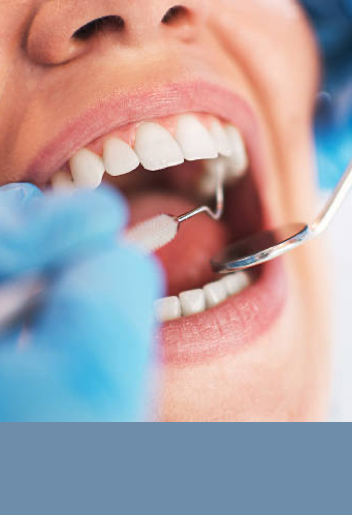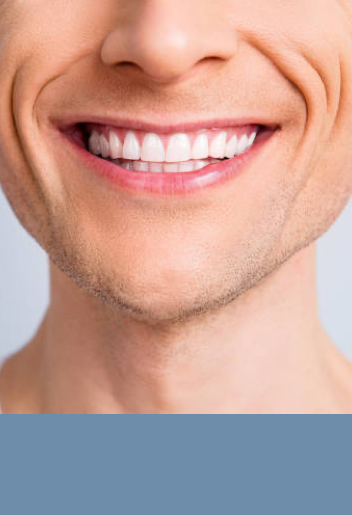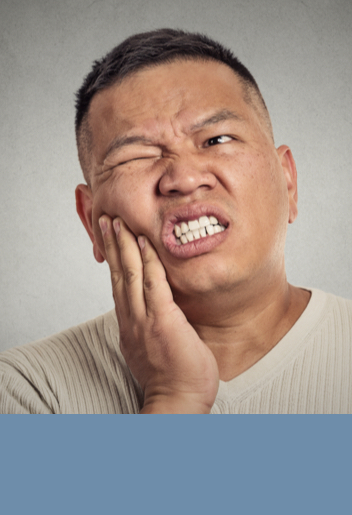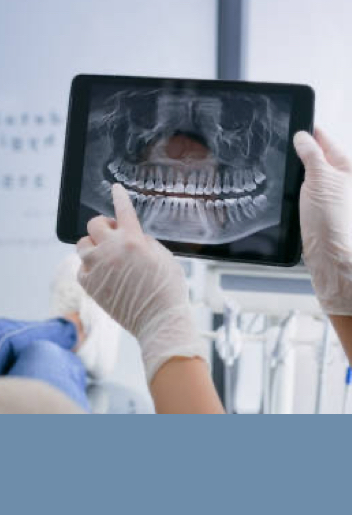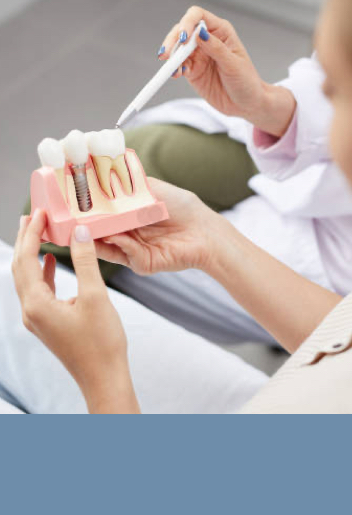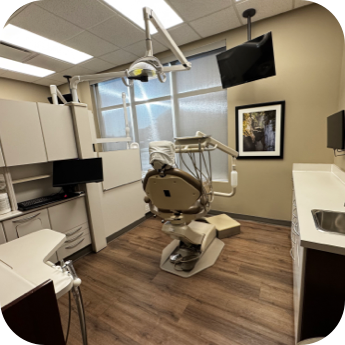Dental hygiene habits are just as important for kids as they are for adults. Regular brushing and flossing not only keep your child’s mouth healthy, but also helps build good dental care habits that will last a lifetime.
Why Dental Hygiene is So Important (Especially for Kids)
Healthy baby teeth are essential to the development of healthy adult teeth. Although they will fall out eventually, baby teeth set the stage for adult teeth. Baby teeth guide adult teeth into place, and baby teeth that fall out or are removed prematurely can lead to crowded or crooked adult teeth.
Baby teeth are also essential to everyday tasks like talking, chewing, and smiling. Without baby teeth, your child may develop jaw issues or have difficulty speaking or eating. Another outcome of poor dental hygiene is pain from cavities (pockets of tooth decay). Proper dental hygiene is the best way to prevent potentially painful cavities.
How Often Should Kids Brush?
Just like adults, children should be brushing twice a day for 2 minutes.
Before your child has teeth, use a damp washcloth to cleanse their gums after feeding. Be sure to use water only, and don’t start using toothpaste until your child has teeth.
Once your child’s first teeth have grown in, start brushing twice a day. Until your child is 3 years old, use a pea-sized amount of non-fluoridated toothpaste, unless otherwise recommended by your dentist.
After age 3, start using fluoridated toothpaste and start encouraging your child to take part in brushing their own teeth under your supervision. Note that many children do not develop the necessary motor skills to brush their teeth properly until age 7, so children age 3 to 6 should be assisted by an adult.
How Often Should Kids Floss?
Again, just like adults, children should floss once a day. You should start flossing your child’s teeth once their teeth start to touch. Once they do, brushing alone won’t reach these spaces, leaving the possibility for cavities and other issues to develop.
Similar to brushing, many children don’t have the dexterity necessary for flossing until they are around 7 years old. Until age 7, children will need help flossing. Tools like floss picks can help you and your child floss properly.
Ways to Get Children Excited About Brushing
While children may not be able to brush their teeth fully independently until age 7, there are ways to get your child more involved and excited about brushing at an early age.
Make it a Family Affair
One of the best ways to build good oral habits with your child is to lead by example. Join your child and brush your teeth together. Children like to copy, so show them how to brush and how long to brush for.
For children ages 3 to 6 who aren’t old enough to brush on their own, you can let them try brushing their teeth first, then “clean up” after them. Make sure you get each side of every tooth!
Fun Toothbrushes
Fun, colourful designs on toothbrushes can help motivate children to brush their teeth. Toothbrushes with cartoon or movie characters can be a fun addition to their oral care routine. If you can, let your child choose their own toothbrush from the store. It’s an easy way to involve kids in their oral health and ensures they have a toothbrush they’re excited to use.
Interesting Toothpastes
Children’s toothpaste is not only important for getting kids excited about brushing, but there are important differences between adult toothpaste and children’s toothpaste. Toothpaste for children often features colours and cartoons that are more engaging for children and is made with different ingredients and flavours.
For example, toothpaste for children under age 3 should not contain fluoride. Flavouring in adult toothpaste may also be too intense for children, so children’s toothpaste usually has less intense, sweeter flavours. Allowing your child to choose the flavour of toothpaste they want to use is another easy way to involve them in their oral care routine.
Gamify the Brushing
Making a game out of brushing is a good way to make it a fun activity. Using a song to brush along to can be an easy way to gamify brushing and make sure your child is brushing for the full 2 minutes. In fact, 98% of kids brush longer when using a timer.
Some children’s dental products come with a timer or access to a timing app. You can also access many children’s toothbrushing songs for free on YouTube.
Electric Toothbrushes
Both electric and manual toothbrushes can clean your child’s teeth effectively, but an electric toothbrush can be helpful for some children. Electric toothbrushes not only make sure children brush for long enough with a timer, but they can help children brush better as well.
Electric toothbrushes can help children who don’t have the motor skills to brush their teeth well. Some children also find electric toothbrushes easier and more comfortable to use.
Ensuring Your Family’s Oral Health
Getting your kids brushing and flossing is the first step, but regular dentist visits are another important part of children’s dental care. It’s important for your child to visit the dentist every 6 months for a dental exam and cleaning.
Regular dental exams make sure your dentist can catch any dental issues early and give you tips on keeping your child’s mouth its healthiest. At Country Hills Dental Centre, we specialize in family dentistry and would love to meet you and your family. If you or your child hasn’t seen the dentist in the last 6 months, contact us to book an appointment.


